Description
Wild Parsnip (Pastinaca sativa) is used in Ayurveda, also it has been mentioned in some traditional texts for its medicinal properties. Some of the potential benefits of Wild Parsnip according to Ayurveda include:
- Digestive Health: Wild Parsnip is believed to improve digestion and alleviate digestive disorders like indigestion, bloating, and flatulence.
- Respiratory Health: Wild Parsnip is thought to help alleviate respiratory issues like coughs, bronchitis, and asthma.
- Joint Health: Wild Parsnip is believed to help reduce joint inflammation and pain, making it useful for treating conditions like arthritis.
- Skin Health: Wild Parsnip is thought to help improve skin health and alleviate skin disorders like eczema, psoriasis, and acne.
Wild Parsnip (Pastinaca sativa) has a number of Ayurvedic properties, based on its taste (rasa), energy (virya), and post-digestive effect (vipaka). Here are some of its Ayurvedic properties:
- Rasa (taste): Wild Parsnip is bitter (tikta) and pungent (katu) in taste.
- Virya (energy): Wild Parsnip is heating (ushna) in energy.
- Vipaka (post-digestive effect): Wild Parsnip has a pungent (katu) post-digestive effect.
- Dosha: According to Ayurveda, Wild Parsnip can help balance the Kapha and Vata doshas due to its warming and drying properties.
Based on these Ayurvedic properties, Wild Parsnip is thought to have a number of therapeutic benefits, including improving digestion, alleviating respiratory issues, reducing joint inflammation, and improving skin health. However, it is important to note that more scientific research is needed to validate these benefits and to determine the safety and effectiveness of Wild Parsnip for these uses.


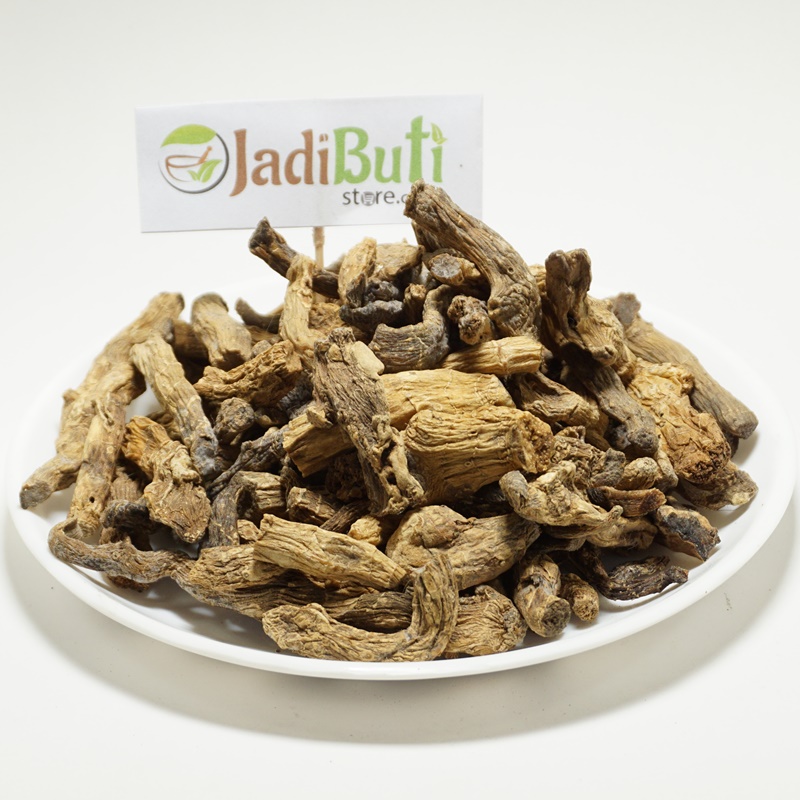
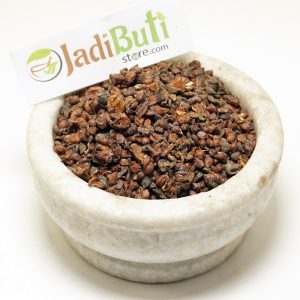
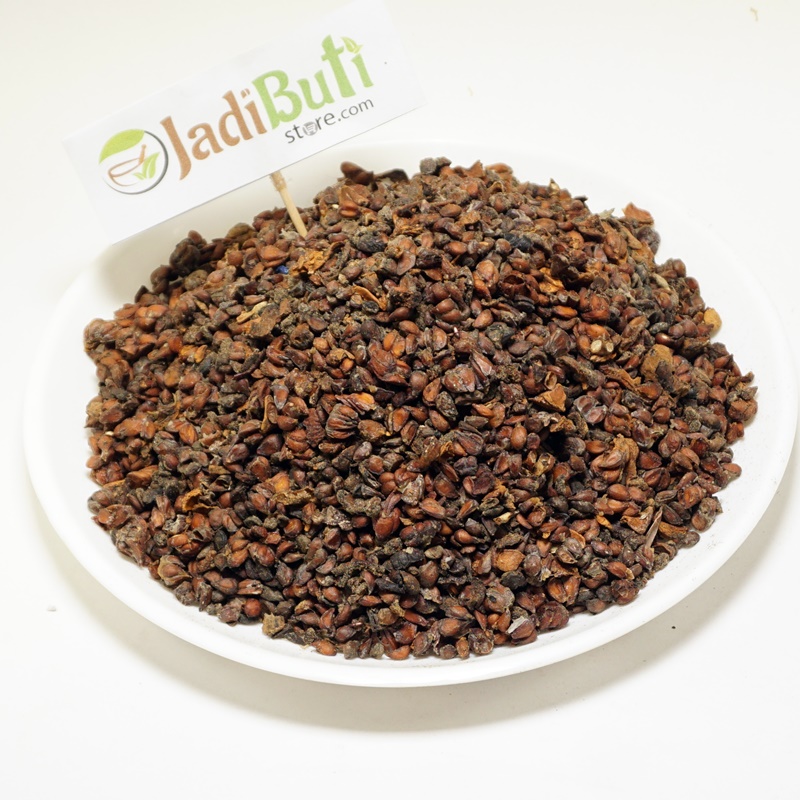
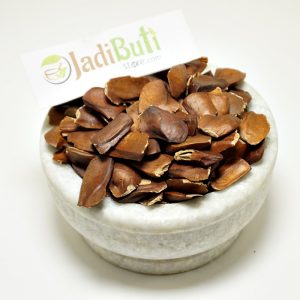
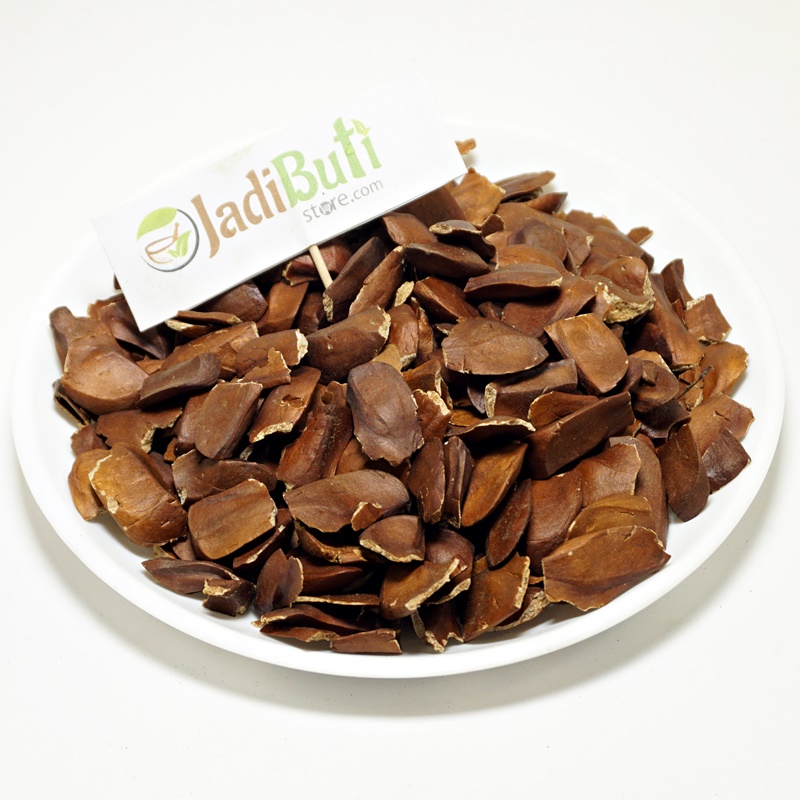
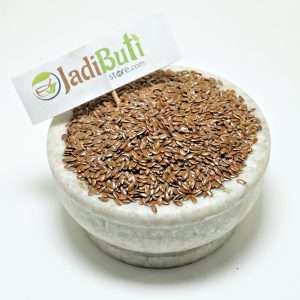

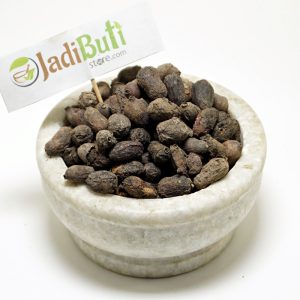

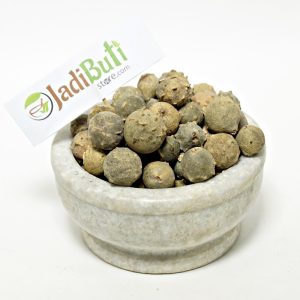
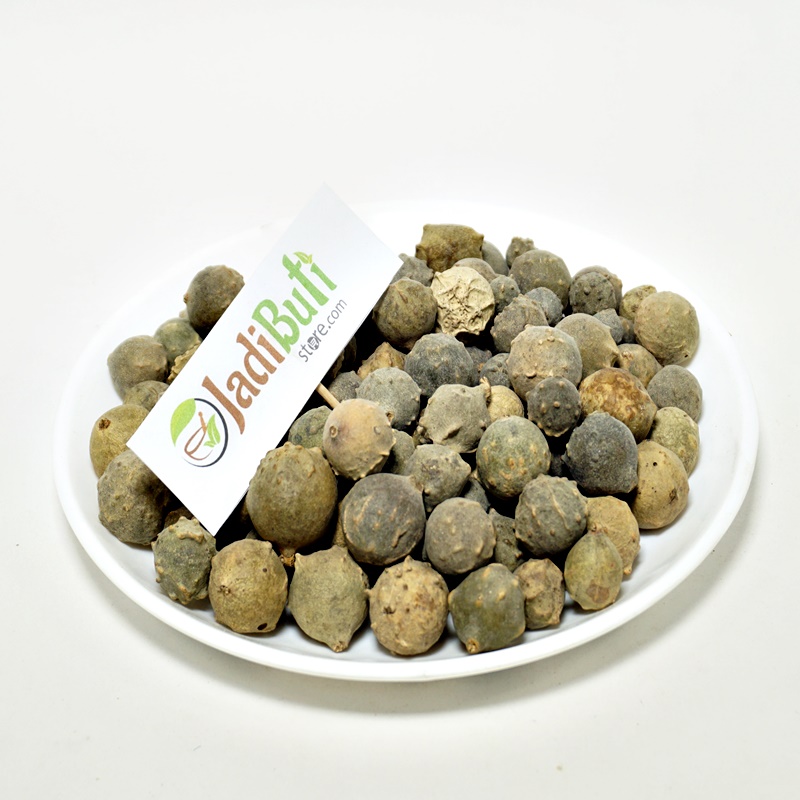
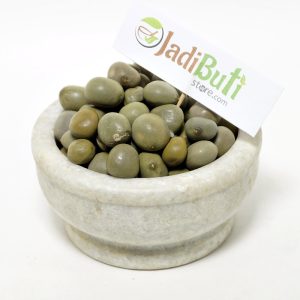
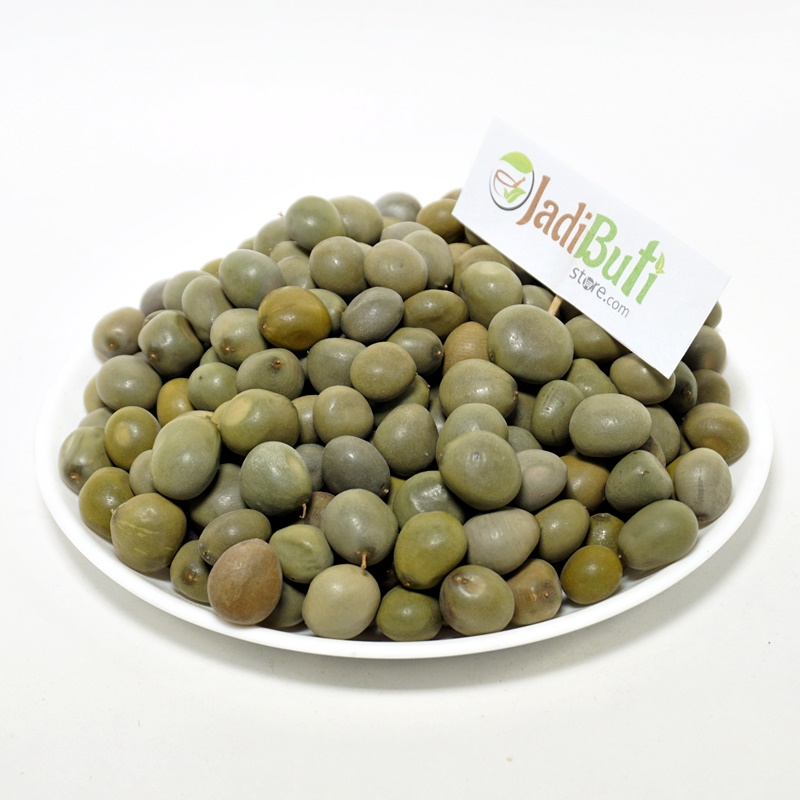
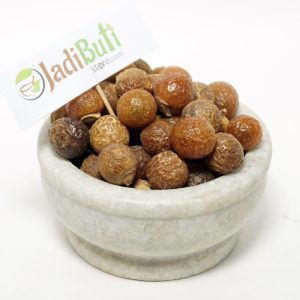
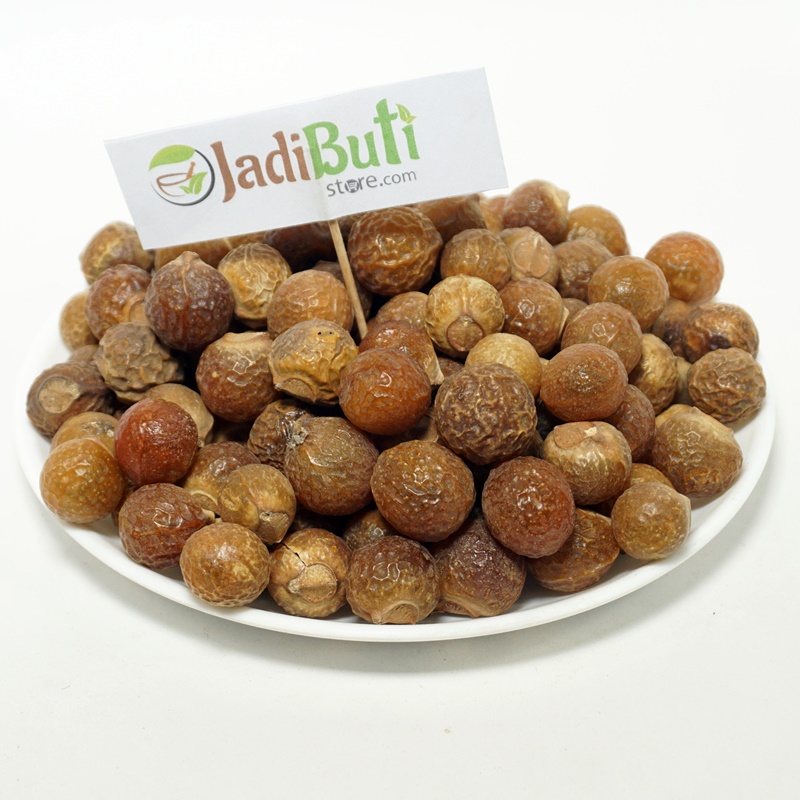
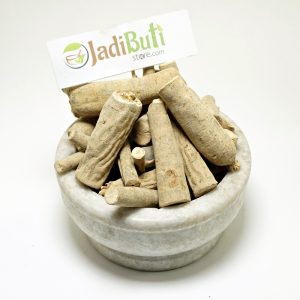
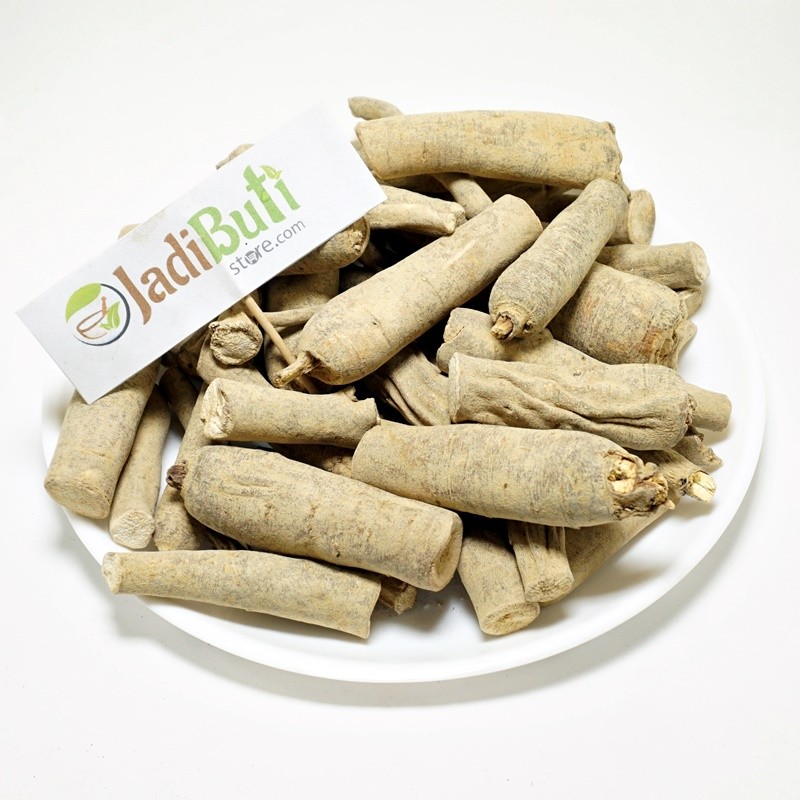
Reviews
There are no reviews yet.